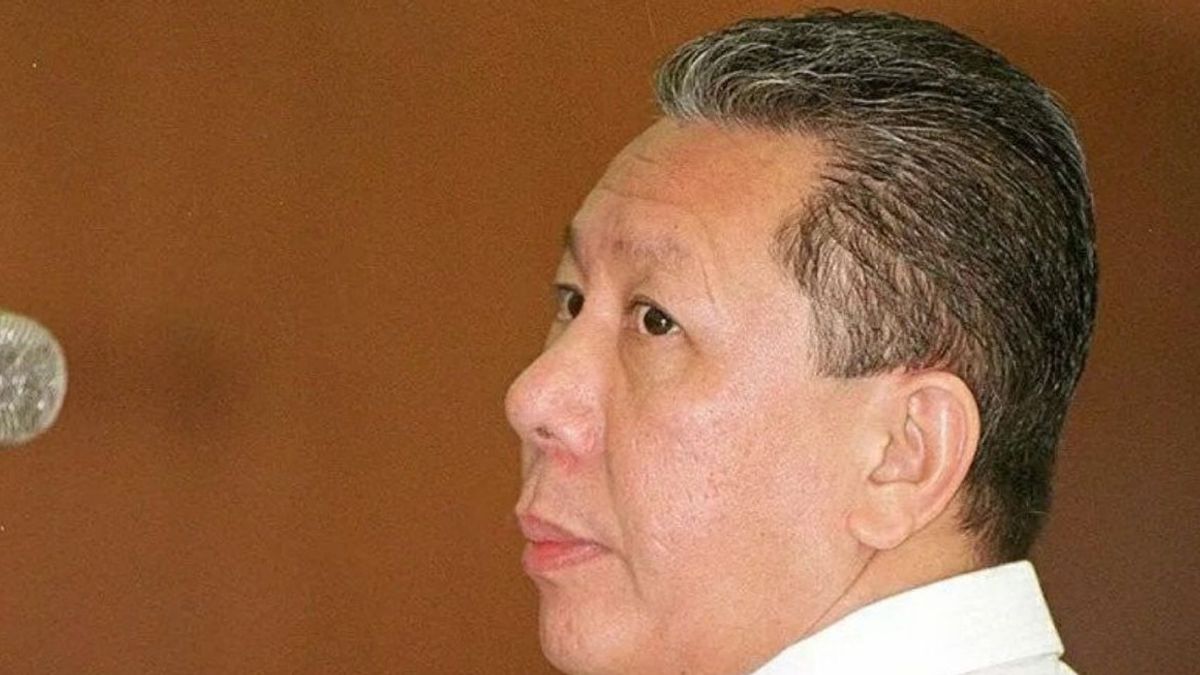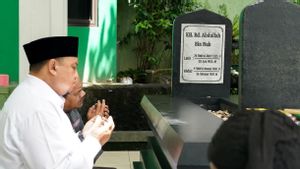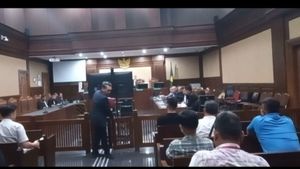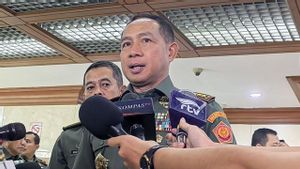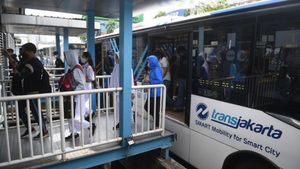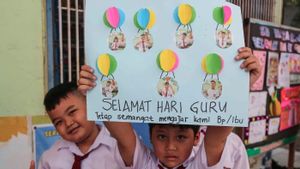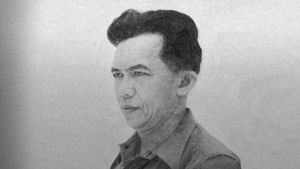JAKARTA - The proposal to use the right to inquiry related to the fugitive polemic for Bank Bali's cessie (collection rights) Djoko Tjandra surfaced in the Indonesian Parliament. The goal is that this case can be revealed quickly.
Responding to this, researcher from the Forum for the Concerned People of Parliament (Formappi), Lucius Karus, said that the DPR should prove its proposal with concrete actions, not just a discourse that eventually evaporates.
"I think this is certainly a good idea as a suggestion. Hopefully, this is not just a bluff to drown this case even more," Lucius said when contacted by VOI, Wednesday, July 29.
Concerns that the inquiry right proposal is a mere discourse, said Lucius, based on the attitude of the DPR leadership who previously rejected the request of Commission III DPR RI to hold a hearing (RDP) on the case of fugitive Djoko Tjandra.
Instead of approving the RDP performance, the DPR RI leadership plans to hold a coordination meeting with the leadership of Commission III of the DPR to find a solution related to the monitoring measures that their institution will take regarding the fugitive Djoko Tjandra case.
"Why didn't it coordinate right away since Commission III asked RDP with law enforcement at the start of the recess yesterday? After people made a fuss, just wanted to coordinate. The response that didn't seem positive from the leadership made me doubt the proposal for the right to inquiry," explained Lucius.
Previously, Indonesia Corruption Watch (ICW) urged the Indonesian Parliament to use the right to inquiry in the Djoko Tjandra case against the police, prosecutors, the Ministry of Law and Human Rights, and the Ministry of Home Affairs.
Responding to this, member of Commission III of the DPR RI, Arsul Sani, admitted that the proposal had been put forward at the law commission. However, Arsul did not want to mention which party faction proposed the right to adopt.
"Some have suggested (the right to inquiry), but we have never discussed it in depth. It could form a special committee or not. It depends on how the authorities work together to solve the Djoko Tjandra case," said Arsul.
In Arsul's view, there are two criminal acts that can be imposed on Djoko Tjandra, his lawyer, and the National Police official who helped hide Djoko while he was in Indonesia last June.
"We see at least two criminal acts that are open to implication both to the relevant police officials and Djoko Tjandra and his lawyers, namely entering false information on official documents, namely passports, e-KTPs and travel documents and hiding fugitives," Arsul explained.
The English, Chinese, Japanese, Arabic, and French versions are automatically generated by the AI. So there may still be inaccuracies in translating, please always see Indonesian as our main language. (system supported by DigitalSiber.id)
